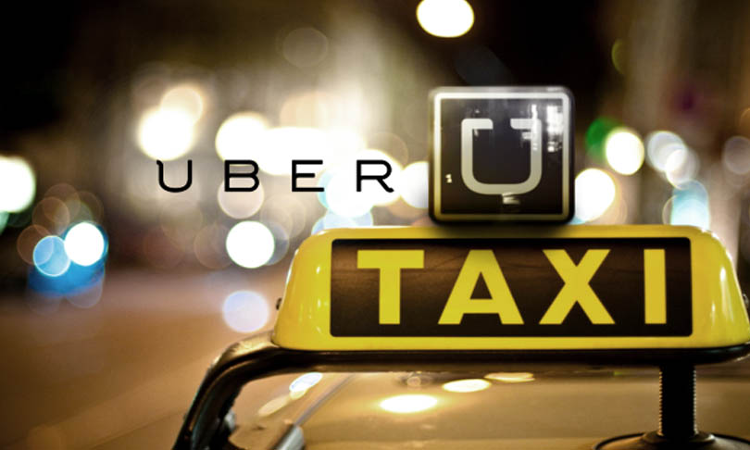Uber Drivers Are 'Workers'; Not Independent Contractors : United Kingdom Supreme Court
LIVELAW NEWS NETWORK
19 Feb 2021 4:06 PM IST

Next Story
19 Feb 2021 4:06 PM IST
The United Kingdom Supreme Court held on Friday that Uber drivers are "workers" for the purposes of employment legislation which gives "workers" rights to be paid at least the national minimum wage, to receive annual paid leave and to benefit from certain other protectionsThe seven judges of the Supreme Court unanimously dismissed the argument of Uber company that the drivers should...
